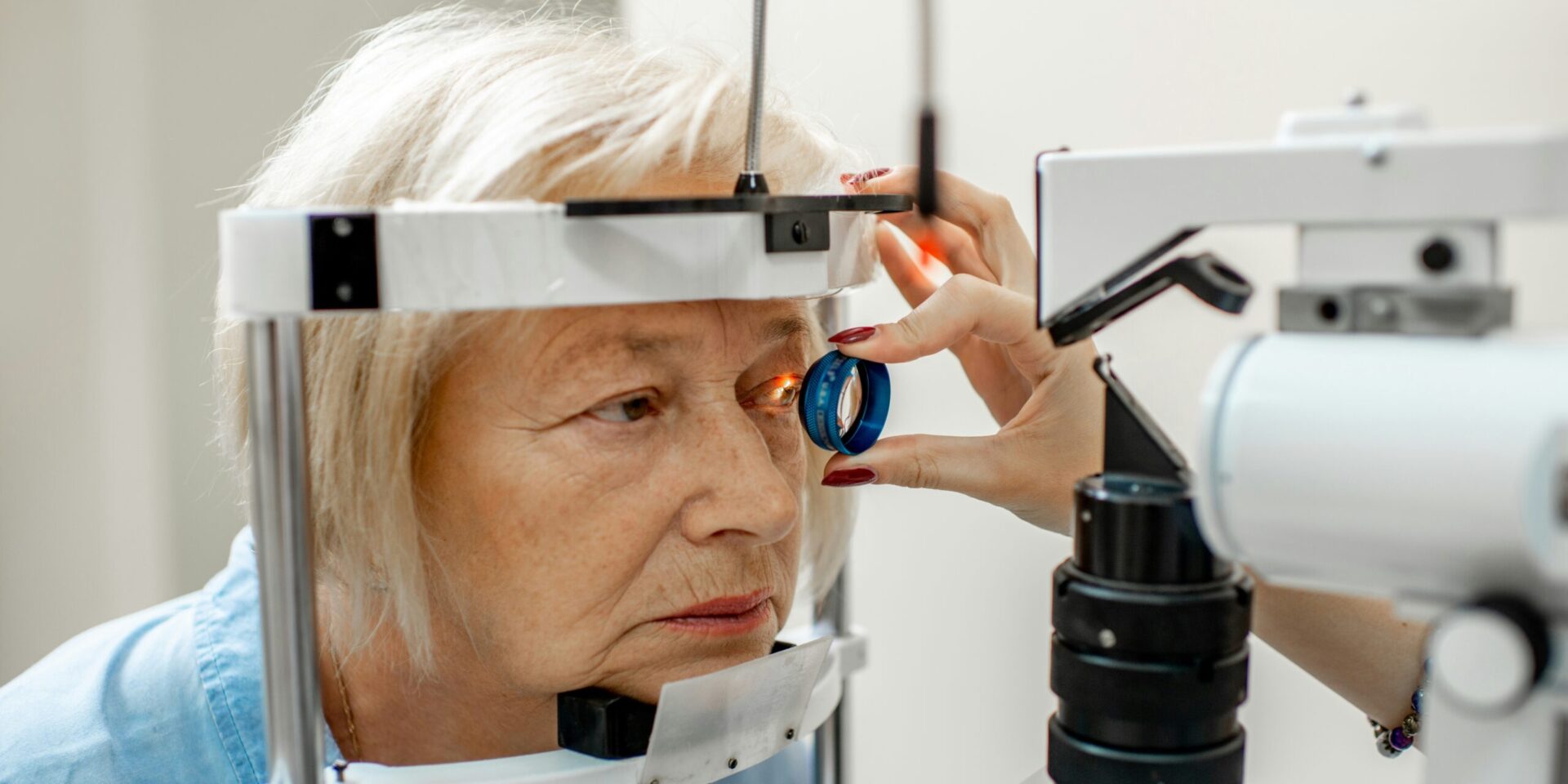On October 14, 2025, researchers at the University of California, Irvine (UC Irvine) unveiled a groundbreaking discovery that could lead to a potential treatment for age-related vision loss. The research team focused on the ELOVL2 gene, which plays a pivotal role in the production of essential fatty acids in the retina. By targeting this gene and restoring these vital fatty acids, scientists were able to significantly improve vision in aged mice, marking a major breakthrough in the fight against age-related vision degeneration.
Age-related macular degeneration (AMD), a leading cause of vision loss in older adults, primarily affects the macula, the part of the eye responsible for sharp, central vision. Over time, the accumulation of damage in the retina leads to blurred or even complete loss of central vision. Despite ongoing research, effective treatments for reversing or halting the progression of AMD have remained elusive. However, the recent findings from UC Irvine’s team offer new hope for those affected by this debilitating condition.
The researchers found that the ELOVL2 gene is responsible for the synthesis of long-chain polyunsaturated fatty acids (LC-PUFAs), which are crucial for the health of the retina. As people age, the levels of these fatty acids decline, leading to deterioration in retinal function. By restoring the proper function of the ELOVL2 gene in mice, the scientists were able to replenish the fatty acids in the retina, leading to an improvement in the animals’ vision.
This innovative approach is particularly significant because it provides a potential mechanism for addressing one of the fundamental causes of age-related vision loss. The successful restoration of retinal health in the mice models suggests that similar treatments could be developed for human patients suffering from age-related macular degeneration. While the research is still in its early stages and much more testing is needed, the results hold promise for a future where age-related vision loss may be treatable or even reversed.
The breakthrough has garnered significant attention from the scientific community, with many experts praising the research as a step forward in the quest to combat vision loss in aging populations. It also opens the door for further investigations into gene therapies and other molecular treatments that could target the root causes of retinal diseases.
In addition to its potential for treating age-related macular degeneration, this discovery may have broader implications for other retinal diseases caused by fatty acid deficiencies. If successfully translated to human treatments, the findings from UC Irvine could revolutionize the way age-related vision loss is approached, offering a new avenue for restoring vision and improving the quality of life for millions of people worldwide.
For now, the research team at UC Irvine continues to refine their findings and explore the possibilities of moving from animal models to human clinical trials. The scientific community eagerly awaits the next steps, hopeful that this breakthrough could lead to real, tangible treatments for age-related vision loss in the near future.

